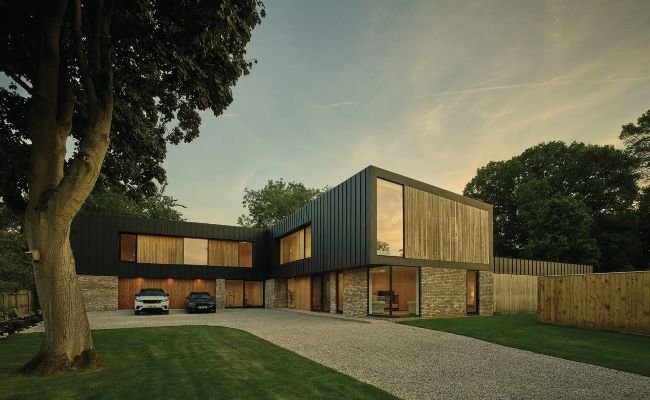PLANNING PERMISSION GET APPROVAL FIRST TIME
Obtaining consent to create your own house can present one of the most challenging parts of the self build journey. Give yourself the best chance of success with these top tips from Build It’s planning experts

ID Architecture (idarchitecture. co.uk) took a sensitive approach to the design of this new build home, which sits to the south-east of a conservation area in East Yorkshire. The design was approved through a delegated decision within 12 months of the initial onsite consultation with the planners
ANDY HASLAM
For many self builders, tracking down the perfect plot to build a dream home presents one of the biggest hurdles of the process. Once you have the ideal site in the bag, it’s likely that you’ll want to crack on with your project swiftly and get started on site as soon as possible – but it’s not always that simple. Planning decisions are supposed to be made within around two months. However, depending on the details of your design and local planning policy, you might find that this phase of the scheme stretches on for several months or more. So, what are the most common causes for delays, and how can they be avoided to give your scheme the best chance of success?
Common obstacles
The most frequent causes of delays and refusals can be grouped into three broad categories: content and presentation of the application; conflicts with policy and planning officers’ opinions; and political issues. Many applications are delayed on submission because the council won’t validate and register them. Forms, plans, accompanying reports and information and the necessary fee must all be correctly presented. The eight-week period for determining the application won’t start until the council is satisfied that everything is present and correct. Once underway, any conflicts with local or national planning policy (or the planning officer’s interpretation) can result in rejection – or at least a request for you to make amendments, which will have obvious ramifications for your schedule. Finally, where the project is considered to be locally contentious, applications can sometimes be rejected at committee, even if you are lucky to have the support of your council’s planning officer.